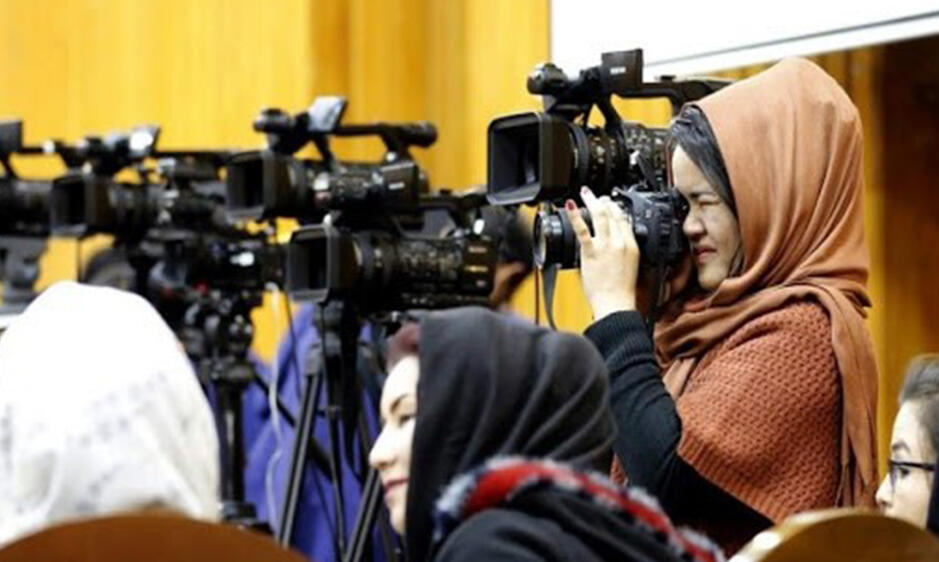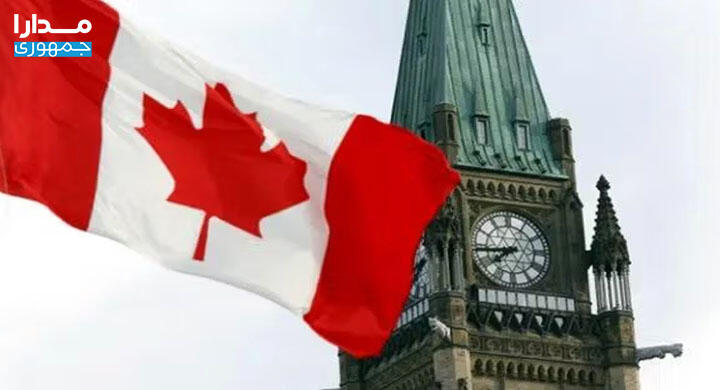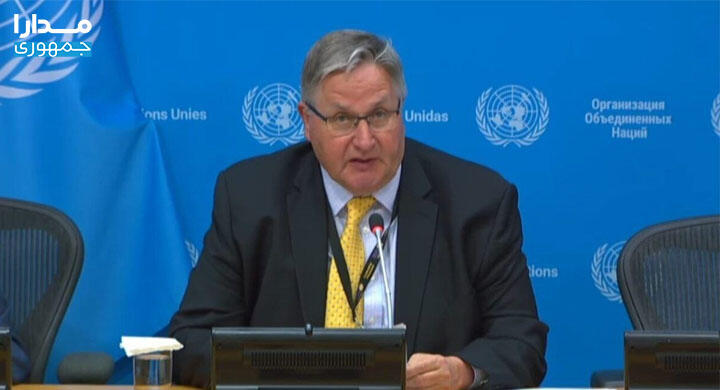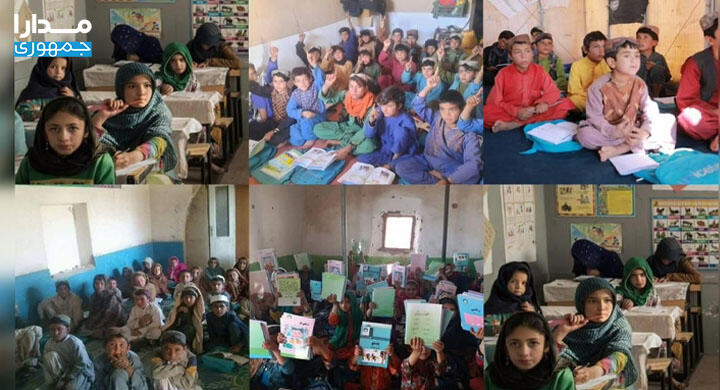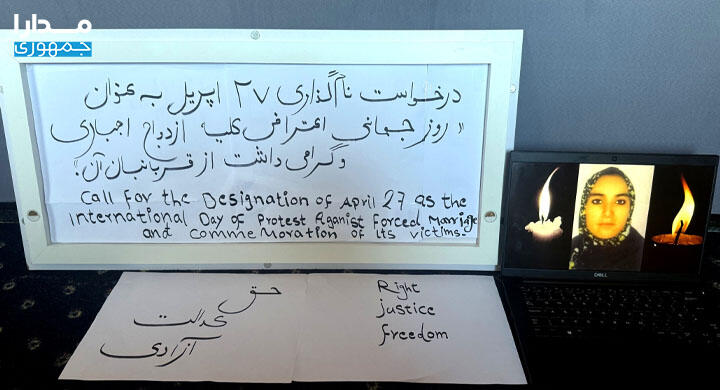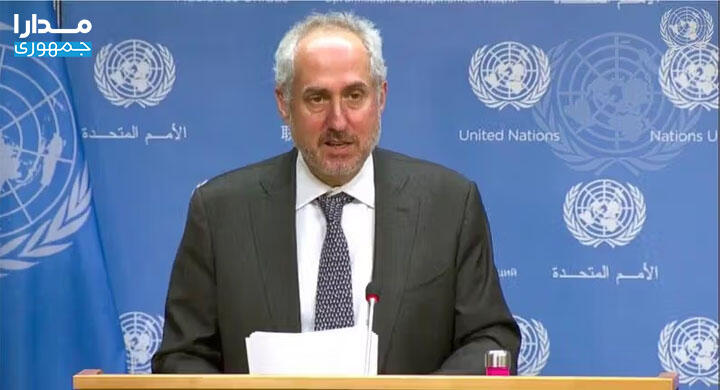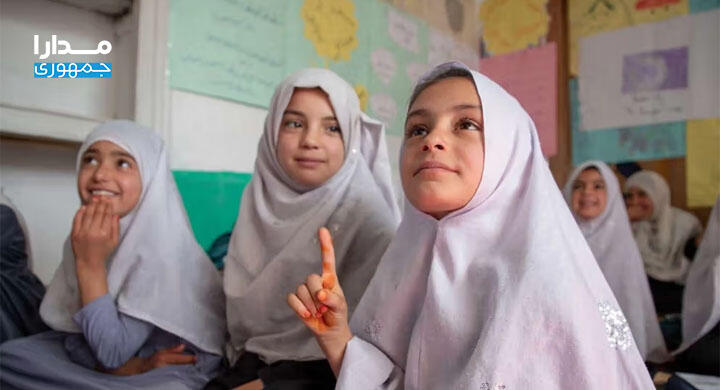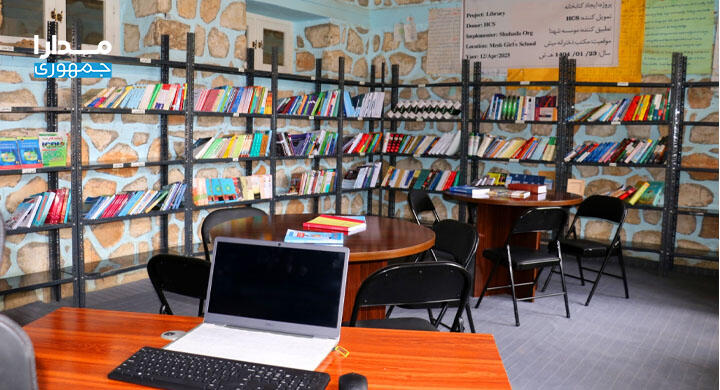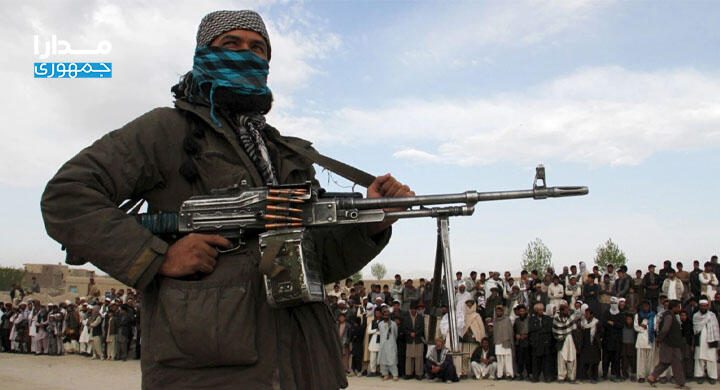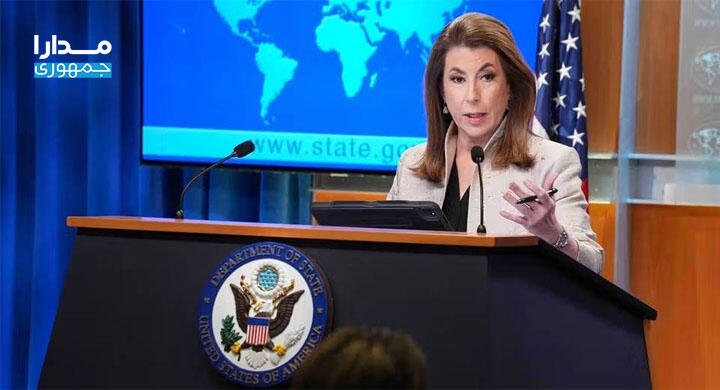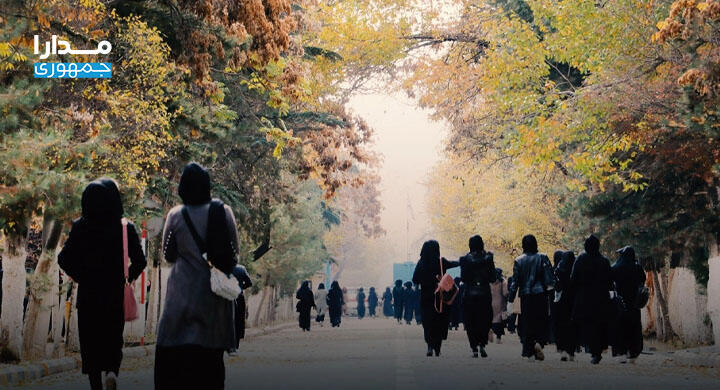Press freedom under Taliban rule: When journalism is considered a crime
-
Mohammad Reja
- May 04, 2025

Jumhuri Mudara: In a world where the commemoration of World Press Freedom Day has become an international tradition, Afghanistan has become a land under the shadow of the Taliban regime where the voice of truth is either silenced in the throat or silenced under the pressure of threats and torture.
A new report by Amnesty International, published on the occasion of World Press Freedom Day (May 3), paints a bleak picture of the state of journalism in Afghanistan.
According to the organization's findings, between August 2021 and September 2024, at least 336 journalists and media workers were detained, tortured, or threatened in Afghanistan.
Amnesty International has warned that this repressive atmosphere not only threatens the fundamental rights of journalists, but also turns a blind eye to the harsh realities of their country.
Banning critical news programs, filtering political content, and restricting conversations based on an ethnic group's ideological criteria and tribal interests are just some of the murky images that now hang over Afghanistan's media landscape.
But behind these figures, there are people with heated narratives of living in danger.
The muffled sound behind the microphone off, Zainab (pseudonym), a former reporter for a local radio station in central Afghanistan, recounts the days when she pushed aside her chador, but now she has to hide her voice to survive:
"When the Taliban came, they first 'reviewed' our plans, then they told us to only read official news, not analysis. The day they closed our talk show, I realized that we are not going to just be silent, we have to be afraid and we have to be silent."
Her account is just one example of dozens of journalists who have been self-censored or pushed out of the media sphere altogether.
Since the first days of their return to power in 2021, the Taliban have pursued a dual discourse: a promise to the international community to respect "relatively" rights and freedoms, and in speech, the imposition of harsh and brutal restrictions on media professionals, including violence, arrests, imprisonment, and torture.
The shutdown of independent media, the restriction of live broadcasts, and the ban on broadcasting content deemed "contrary to tribal-Islamic-Pashtun values" are all in line with a policy that seeks to turn the official and primitive narrative of society into the only possible narrative.
Journalists: Unarmed Soldiers of the Truth Front, Jawad (pseudonym), an investigative journalist from Kabul, has been arrested twice and summoned several times. He says: "The second time, they said that if you write another report about the corruption of a local commander, you will not go out alive. From that day on, I kissed my pen and put it aside. Now to go through the wheel of life, I sell potatoes on the four-wheeler during the day”
In the meantime, many journalists have either taken refuge in migration or turned to non-media activities. But exile is not the end of the pressures; many Afghan media workers abroad are also the target of cross-border threats and forced deportation.
Amnesty International has stressed that the current situation has made Afghanistan one of the worst countries in terms of press freedom.
Prior to 2021, Afghanistan had one of the most dynamic media communities in the entire region, despite all the challenges, but now, chat platforms have been shut down, live chats have turned into government monologues, and the fear of "free reporting" has cast a shadow over the media space.
In today's Afghanistan, only one person is in charge of all the affairs of people's lives, only one person understands, only one person gives orders. And the others must be unquestionably obedient to that tyrannical and absolute ruler.
In its report, Amnesty International called on the international community not only to resort to verbal condemnation but also to practical action. The organization called for legal, psychological and financial support for Afghan journalists and stressed that this professional group should not be allowed to fall victim to oblivion.
In a world where the free flow of information is seen as the foundation of democracy, Afghanistan is plunged into deep silence. Amnesty International's report is a bitter reminder that for Afghan journalists, World Press Freedom Day is not a celebration, but a day to mourn the silenced voices.
In this field, if the world is not the voice of Afghan journalists, their silence will be very costly.
